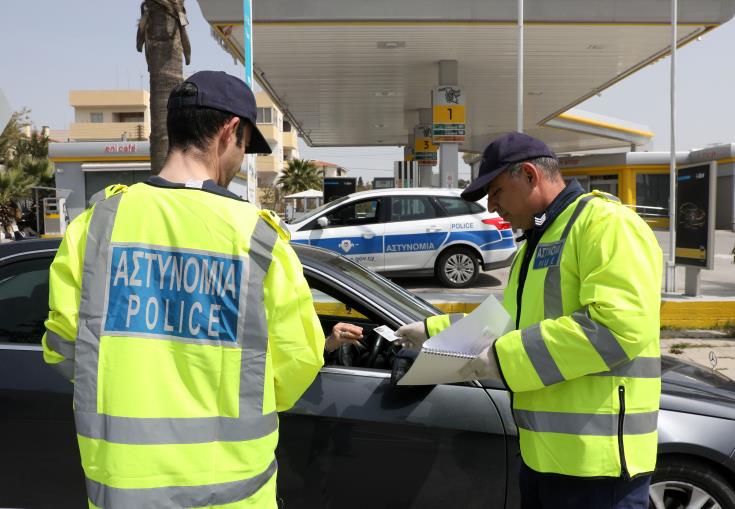Cyprus entered a two-week lockdown with critics blasting the government for its decision to request proof of vaccination from churchgoers while introducing COVID checks for people movement from 10 May.
People have taken to the streets in a show of discontent, while predominant lawyers have spoken out over whether new measures and post-lockdown requirements are a violation of human right.
The Cyprus Bar Association coming out strongly against them, its chairman Christos Clerides called the measures “unconstitutional and dangerous”.
Monday also marked the start of the Holy Week for the Greek Orthodox community in Cyprus.
The government announced that a maximum of 50 people with proof of vaccination is allowed to attend mass.
Health Minister Constantinos Ioannou said from 10 May, Cypriots visiting shops, gyms, hospitality, or gatherings like the cinema must either be vaccinated (at least one shot), have a negative covid test (within 72 hours) or contracted the virus three months prior.
Therefore, they will be required to carry some form of COVID identification, although the government has not clarified how this would work.
In comments to the Cyprus News Agency, Clerides called on the government to rethink the measures calling them “illogical and disproportionate for the intended purpose”.
He argued that asking churchgoers to present proof of vaccination is unconstitutional.
He further argued that measures to be introduced once the lockdown is lifted on 10 May are “unnecessary” and “create a storm of reaction; many people will challenge these measures in courts”.
Clerides said authorities are trying to introduce a digital certificate, equivalent to the EU’s green passport for travelling, for moving around within the country.
“If this measure is introduced for moving around within the country, this means that you would need to show proof of vaccination or test every time you go to a kiosk, supermarket, or a restaurant.”
He argued these measures are a violation of privacy and free movement.
On the eve of the lockdown, demonstrators against vaccines and lockdown gathered outside police headquarters in Nicosia, protesting the new measures.
Demonstrators also demanded airtime to make their case against vaccines.
Personal Data Protection Commissioner Irene Loizidou Nicolaidou intervened in the debate to clarify that citizens who have such certificates are only obliged to show them to relevant inspectors or police officers during checks for compliance with the protocols.
“No other person is entitled to ask a civilian to show these certificates,” said the Commissioner in a statement.
She clarified that employees are not obliged to show their employer a negative rapid or PCR test but only inform them of the results.










